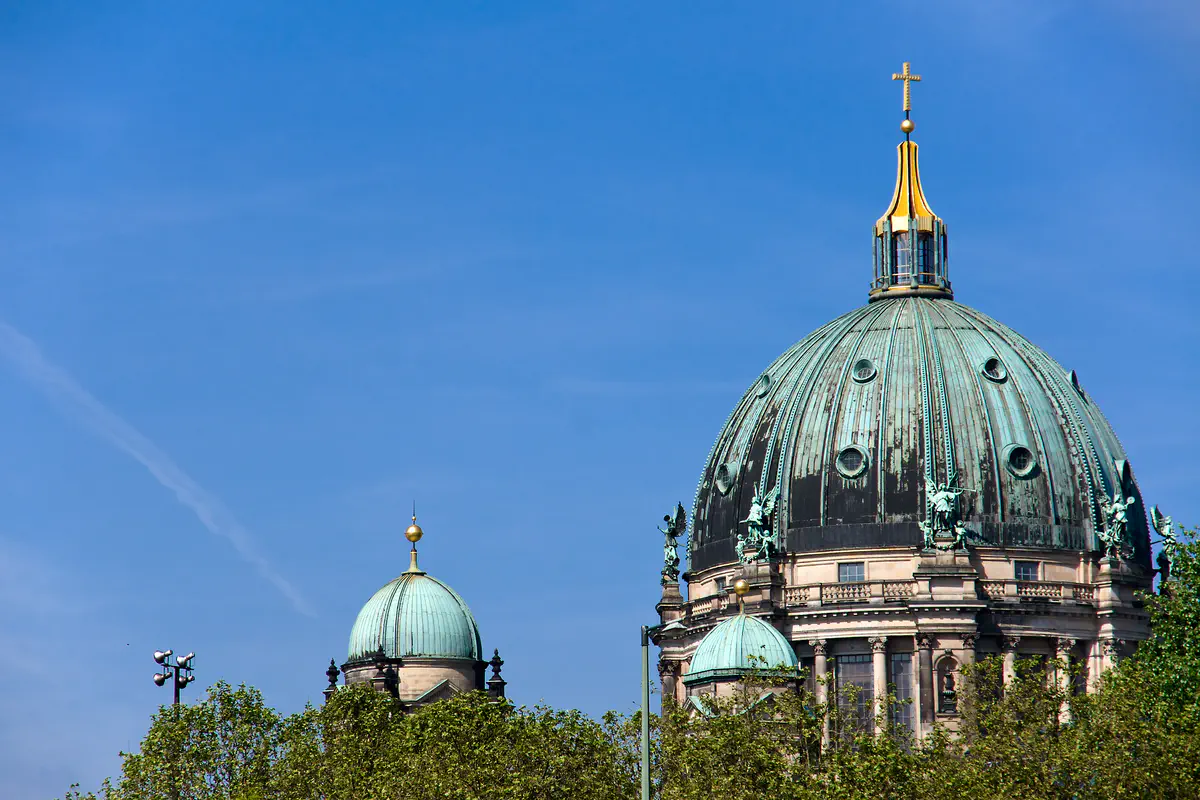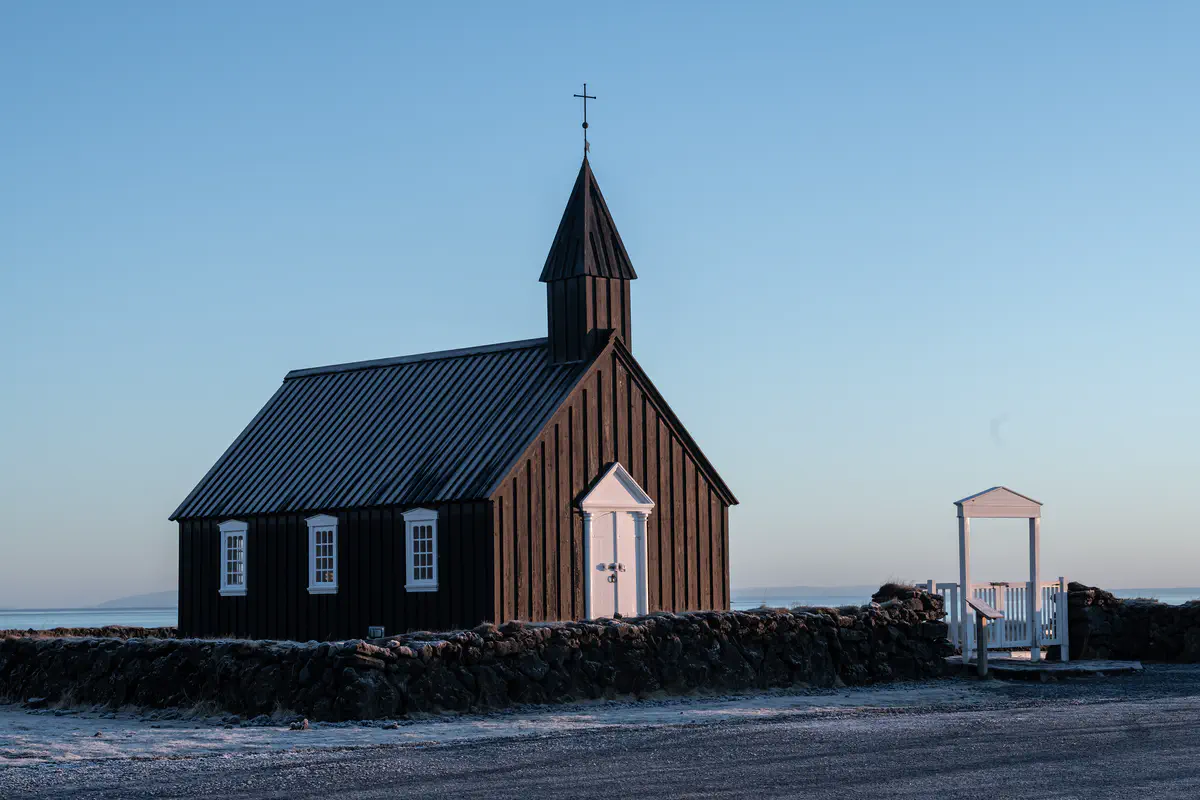What’s the Difference Between Evangelisch and Free Church in Berlin?
What’s the Difference Between Evangelisch and Free Church in Berlin?
If you’re new to Berlin or just starting to explore Christian communities in the city, you may come across two types of churches: Evangelisch and Free Church (Freikirche). At first glance, both may seem similar. They are Christian churches that gather for worship, preaching, and fellowship. But if you’re wondering what really sets them apart, here’s a simple explanation based on both research and personal experience.

What is an Evangelisch Church?
In Germany, when people say “Evangelisch,” they usually refer to the Evangelische Kirche in Deutschland (EKD). This is the mainline Protestant church and the largest Protestant body in the country. The EKD includes Lutheran, Reformed, and United churches and is historically tied to the state. These churches often hold services in beautiful historical buildings, perform infant baptisms, and are funded through the church tax system. If you are officially registered as Protestant in Germany, part of your income tax is automatically contributed to support the Evangelisch church.
While some Evangelisch churches have rich liturgical traditions and social outreach, not all of them focus on expository Bible preaching or personal faith in Jesus Christ. For visitors or expats who come from evangelical backgrounds, the experience may feel unfamiliar or sometimes lacking in clear biblical teaching.

What is a Free Church?
Free Churches are Protestant communities that operate independently from the state and are not funded through the church tax. The name “free” refers to this independence, not to theological liberalism. When I first heard the term " Free Church", I assumed it meant something liberal or loosely defined. That turned out to be completely wrong.
Free Churches in Berlin are often deeply committed to biblical teaching, evangelism, and community life. They emphasize personal faith in Christ, giving as worship, and they usually have leadership and governance structures within the congregation itself rather than being managed by a national institution.
IREC Berlin: A Free Church for English Speakers
A great example of a Free Church is IREC Berlin, the International Reformed Evangelical Church located in Mitte. It is my home church and has been a spiritual anchor for me while living in Berlin.
What I love about IREC is that it combines solid expository preaching, beautiful classical music, and a very international and welcoming atmosphere. We meet every Sunday at 9:30 AM in the stunning Kaiser-Friedrich-Gedächtniskirche, and the service is entirely in English.
Although IREC is a Bible-believing church with Reformed theology, it is also warm and open to seekers and non-believers. One of the best examples of this is our biweekly gathering called The Third Place. It takes place every Friday at 7 PM in three different locations around Berlin. These small gatherings have become a place where both believers and non-believers can build meaningful connections, ask honest questions, and find a sense of home in a city that can sometimes feel distant and cold.
The Third Place is not a worship service. It is more like a living room where friendships grow and faith conversations happen naturally. In many ways, it reflects the heart of what a church community can be beyond Sunday mornings.
Finding Your Spiritual Home in Berlin
If you are an international visitor or resident looking for a place where Scripture is taught faithfully and people are genuinely welcoming, I highly recommend visiting IREC Berlin. Whether you are a long-time believer or just curious about the Christian faith, you are very welcome.
